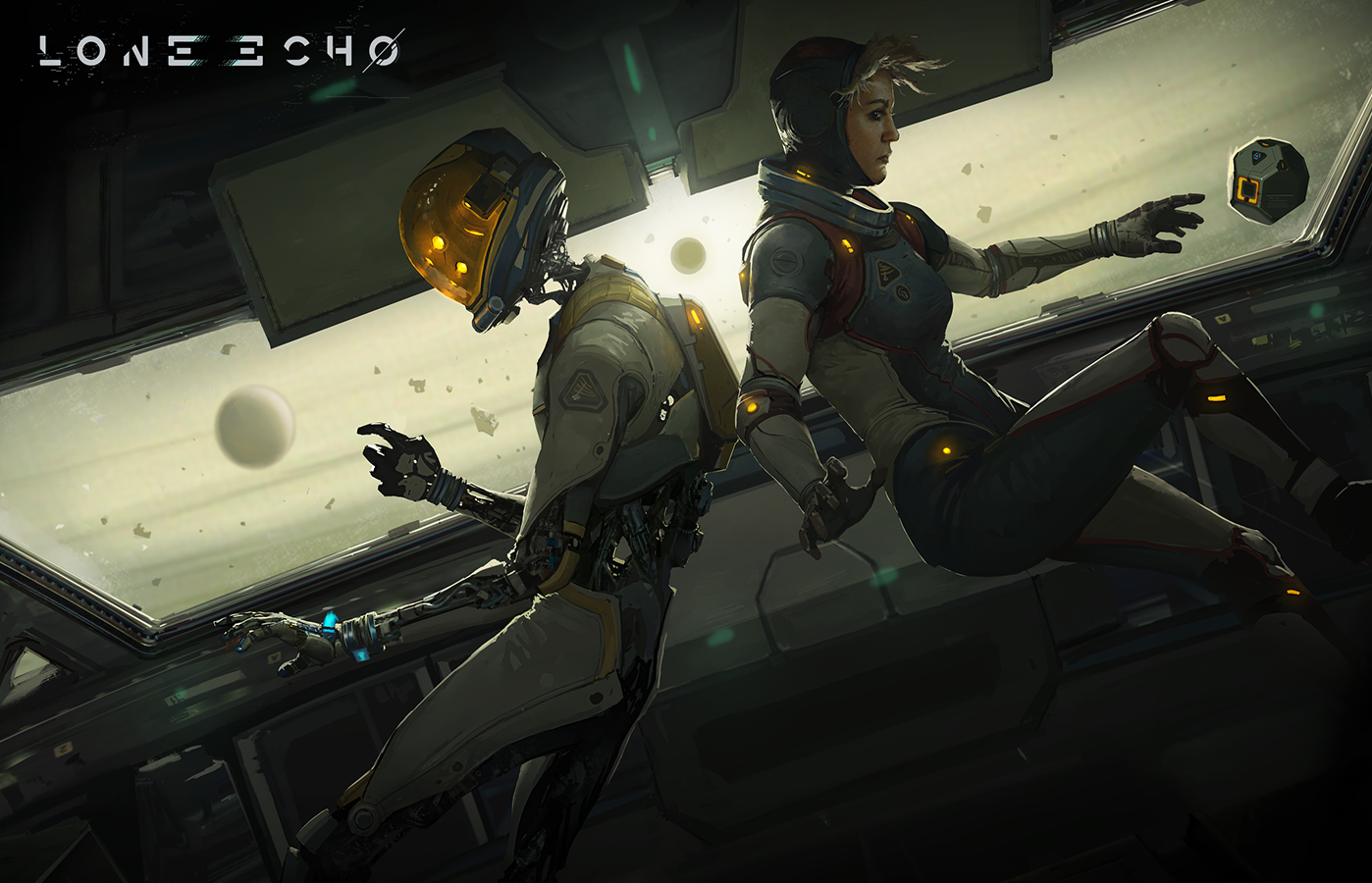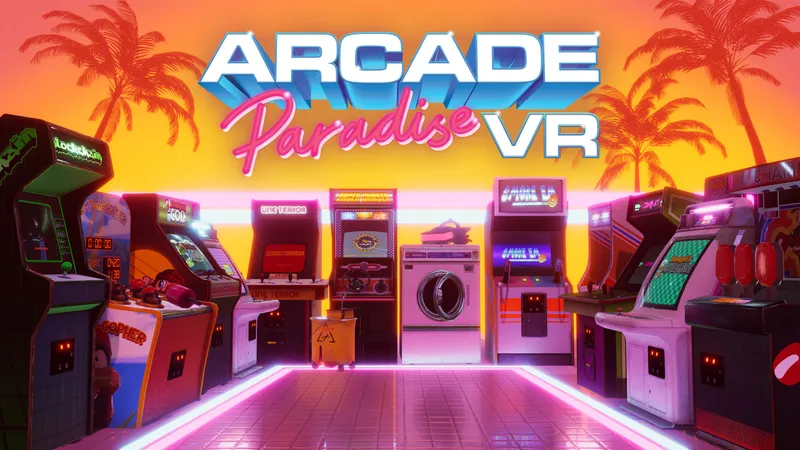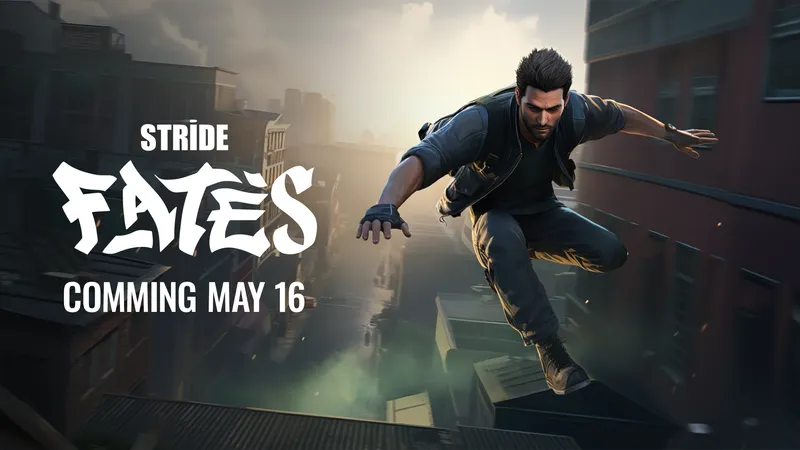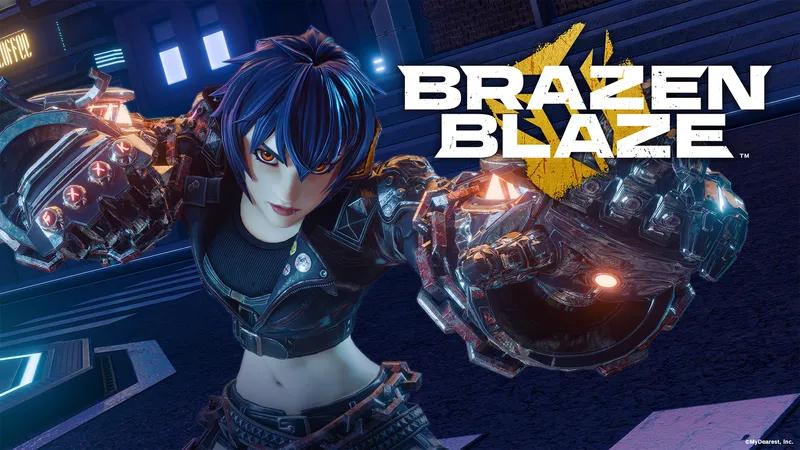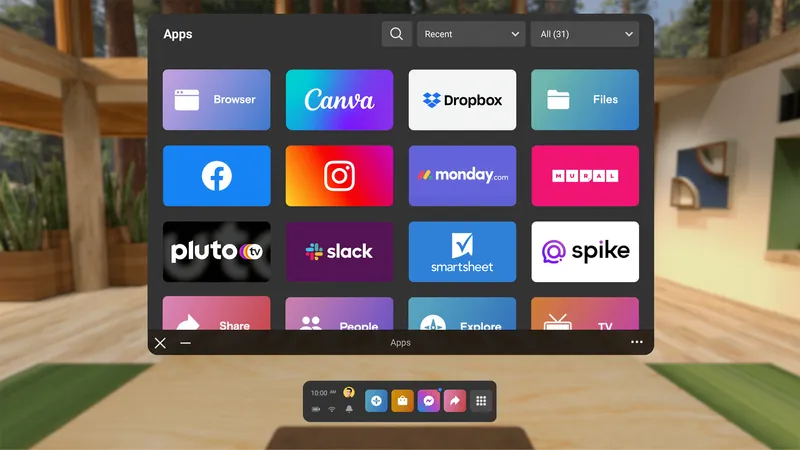When it comes to storytelling in interactive VR, one thing is certain – no one has all the answers. On one hand, people criticize “Hollywood” for leaning on its cinema roots and on the other, they criticize game developers for focusing on repetitive game mechanics. The fact is, VR is neither cinema nor a game and realizing effective stories in VR will require both the storytelling skills of Hollywood and the technological ingenuity of Silicon Valley. In order to understand why, let’s start by outlining a framework for what storytelling is:
TYPES OF STORYTELLING
- Linear Storytelling – The most traditional form of storytelling that dates back as far as human communication. These stories are characterized by having a beginning, middle and end that are pre-determined. Examples: books, plays, films, etc.
- Branching Storytelling – Semi-interactive storytelling where the audience can affect the direction and outcome of the story. There are a fixed number of paths (or permutations) the story can take. Example: Choose Your Own Adventure books, Telltale videogames.
- Organic Storytelling – Fully-interactive storytelling where there are an unlimited number of outcomes. Examples: life.
So, what form of storytelling best suits VR? In its highest form, virtual reality has the ability to be just that: an alternate world you step into and experience as though it were real. Therefore, intuitively you want to utilize the form of storytelling that most clearly mimics the experience of reality, and that’s organic storytelling. So how is this accomplished? Well, it’s kind of complicated.
In the world of film and television linear storytelling is the method of choice. With one story to tell, the story can be honed and crafted to be the best version of itself. A book or a script is re-written and edited ad nauseum before being consumed by the public and that is a good thing for the quality of the storytelling. Creating the additional content required for branching stories can be cost-prohibitive because you are producing content that may only be seen by a fraction of the audience. Organic storytelling is essentially not an option.
In the world of games, linear storytelling is also often the method of choice and for many of the same reasons. Creating multiple narratives adds cost and is creatively challenging, even if it is less logistically complex when done in a computer. Organic storytelling is possible in games and is most commonly seen in the MMO genre (massively multiplayer online games). In these games, many of the characters are controlled by human players and each acts as humans do – in a relatively unpredictable fashion.
So, can VR simply rely on an MMO strategy to tell compelling organic stories? The answer is no for a few reasons:
- Even MMOs often use cinematic cutscenes (a linear form of storytelling) to tell critical or complex elements of story. In VR, you can’t “cut” from the first person perspective because a) it is nausea-inducing and more importantly b) it ruins the sense of immersion and suspension of disbelief that makes VR so special.
- Ideally VR should be able to support an infinite number of worlds, and no matter how many simultaneous players there are in VR, there will only be enough to support a few concurrent worlds of scale (i.e. the most popular ones). Without a large initial user base, new worlds will have trouble getting to the scale necessary to make those worlds compelling.
- Finally, MMOs require that players “act the part” of the character they are embodying. This is fine when everyone is a superhero with the same goals and challenges, the common format of a MMO game, but in a virtual world where anything is possible, who wants to be the virtual janitor mopping the floor of the virtual hamburger joint?
So what is the answer? Artificial Intelligence. AI and VR are probably two of the most buzzy two-letter acronyms in technology today, but the symbiosis of the two is something that is largely being overlooked. Silicon Valley is putting a huge amount of resources into AI development, but it is generally being applied to things like data analysis, chat bots, virtual assistants and autonomous vehicles. AI has been a key component of games for years, but even in the most advanced games it is far too rudimentary to make for compelling characters in an organic world. This is largely because AI has not needed to be that advanced to make compelling games. However, the promise of immersive VR presents a new challenge that will require combining the technological might of Silicon Valley, the interactive know-how of the games industry and the storytelling DNA of Hollywood.
If we imagine a world where AI is able to believably mimic human decision-making, is “Hollywood” storytelling in VR obsolete? I would argue that the answer is no. Not only do you need creators to craft the behaviors and characteristics of the AI characters, an organic story will not be compelling if it is simply random. Just like in the HBO show Westworld, where Anthony Hopkins is a puppet-master, crafting the story arcs of the AI bots, there will always be a need for bringing shape to the organic stories told in an AI-driven VR world.
What can AI do for VR? It can breathe life into the infinite worlds that will make VR the truly immersive alternate universe that it can and should be. It can populate those worlds with realistic and compelling characters that can be enjoyed whether someone is playing by themselves or with in a massively multiplayer setting. What is needed to make this a reality is for Silicon Valley, Hollywood and the games business to work together to create the tools and techniques to bring this to fruition.
Rob Ogden is an entrepreneurial entertainment executive focused on driving innovation at the intersection of content and technology. He currently serves as Executive Vice President of Strategic Planning and Corporate Development at Madison Wells Media, a diversified entertainment and media company focused on premium content creation in film, television, immersive media and live theater. Since joining the company full-time in May 2016, he has played an instrumental role in shaping the company’s strategic direction and the expansion of its investment portfolio to include Wevr, Atom Tickets and The Void.


